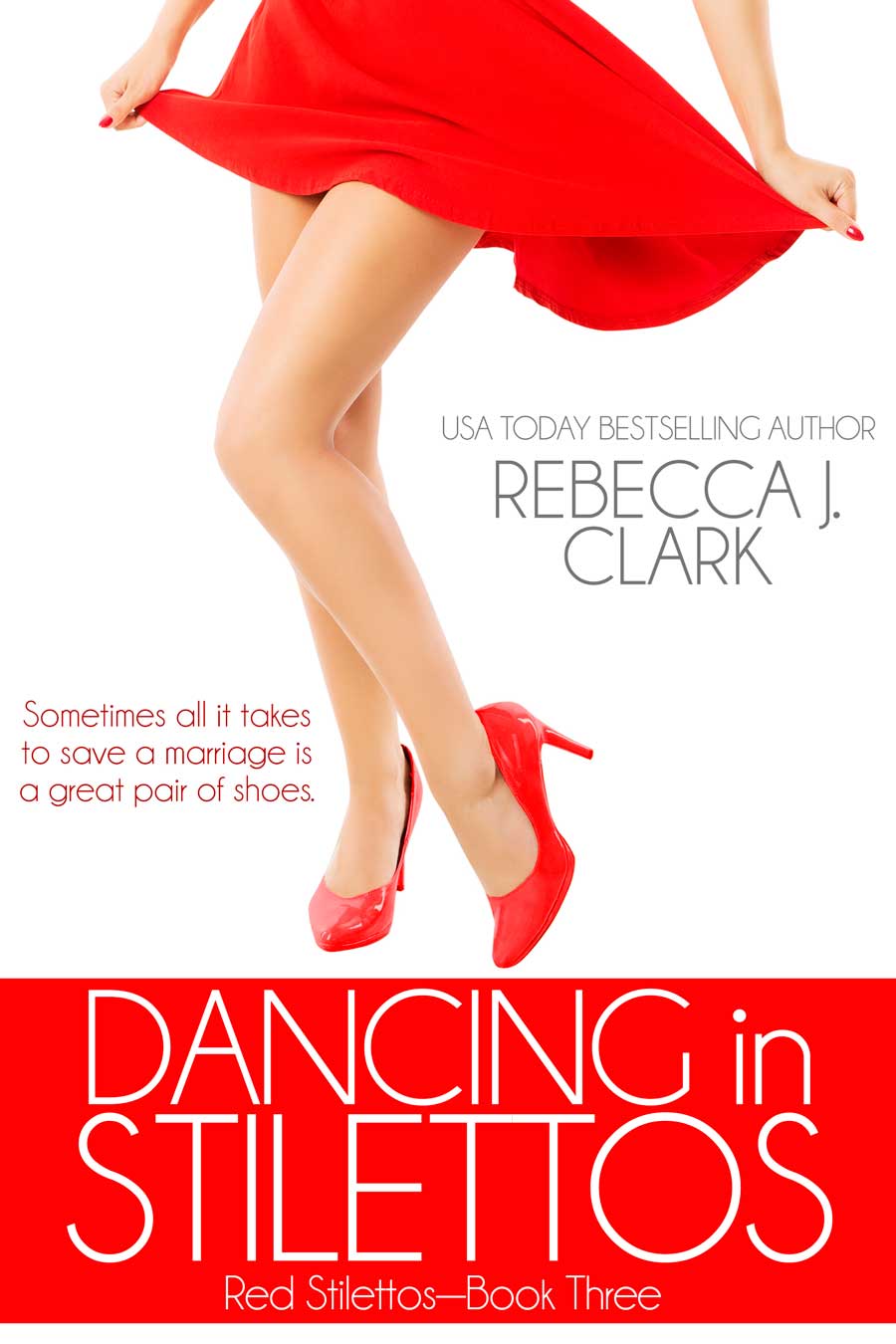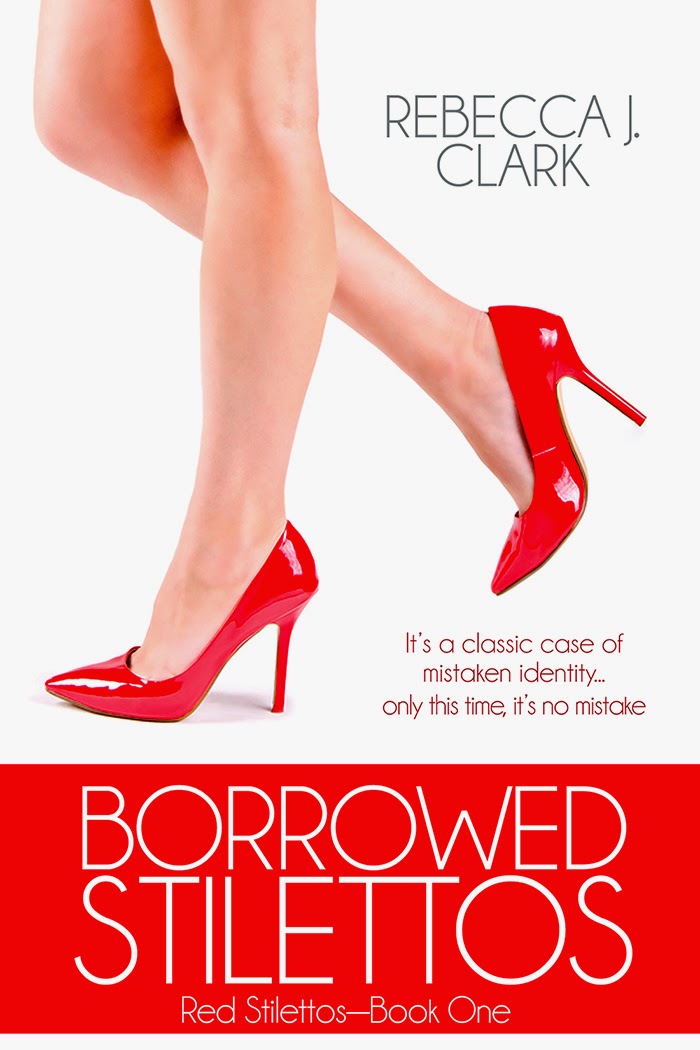May 7, 2018

I’ve been in a bit of a writing slump for a couple of years (due to some crap life threw at my family) and haven’t released anything new (a couple of re-releases, but that’s it). I’ve started and stopped a few books in that time, but keep getting stuck.

I’ve been in a bit of a writing slump for a couple of years (due to some crap life threw at my family) and haven’t released anything new (a couple of re-releases, but that’s it). I’ve started and stopped a few books in that time, but keep getting stuck.
With every book I hope I’ll find a process that works for
me, but – big sigh here – my process is just a mess and I think I need to learn
to accept that. I’m a pantser (I write by the seat of my pants, with no/limited
plotting beforehand) who wants to be a plotter, who’s really a pantser who
keeps trying to be a plotter. Yes, I’m confused. LOL.
It’s exhausting trying to be something you’re not.
Years ago, I attended an RWA workshop called Fast Draft, by
the amazing Candace Havens. She is also a pantser who has written countless
books. She says the first draft is the hardest (I’d have to agree) and she can
finish the first draft of a novel in 14 days… by writing 20 pages a day.
Considering I can barely write 1-2 pages a day, this number
is daunting. But she promises if you can stick with it, by day 3 or so, the
magic will take over and you won’t be able to type fast enough to get the story
out of your head onto the page.
Havens says the faster you write that first draft, the more
your muse will take over, the less your bitchy internal editor will yell at
you, and the more creative your story will be.
Sounds promising.
So… because I’m tired of spinning my wheels with this story
(and the others I’ve attempted to write), I’m going to give it a shot. She says
the average writer will take 3.5 hours to get 20 pages written. And the more
you practice, the faster you’ll go. I don’t know if I’ll be able to hit 20
pages. But I’m going to try.
I’ve got nothing to lose. My first drafts are completely
sucky whether they take me two years to write or two months. So why not try for
two weeks?
The rules are simple:
- No whining.
- The only excuse for not writing is if you’re in a coma or dead.
- Write as fast as you can.
- No going back to read/edit what you wrote the day before, just keep going.
- No stopping to research, just make a note to yourself.
- If you’re more of a plotter, you can write up a synopsis beforehand or scene cards or whatever you need to do to start writing the first draft.
- No excuses.
The key is challenging myself to write more than I normally
do, and to immerse myself in the story world every single day. I want to live,
breathe and eat my story.
I’m going to give this a shot. Wish me luck. I’ll update you
in a week on how it’s going. If you want to join me or try this yourself, let
me know in the comments.









